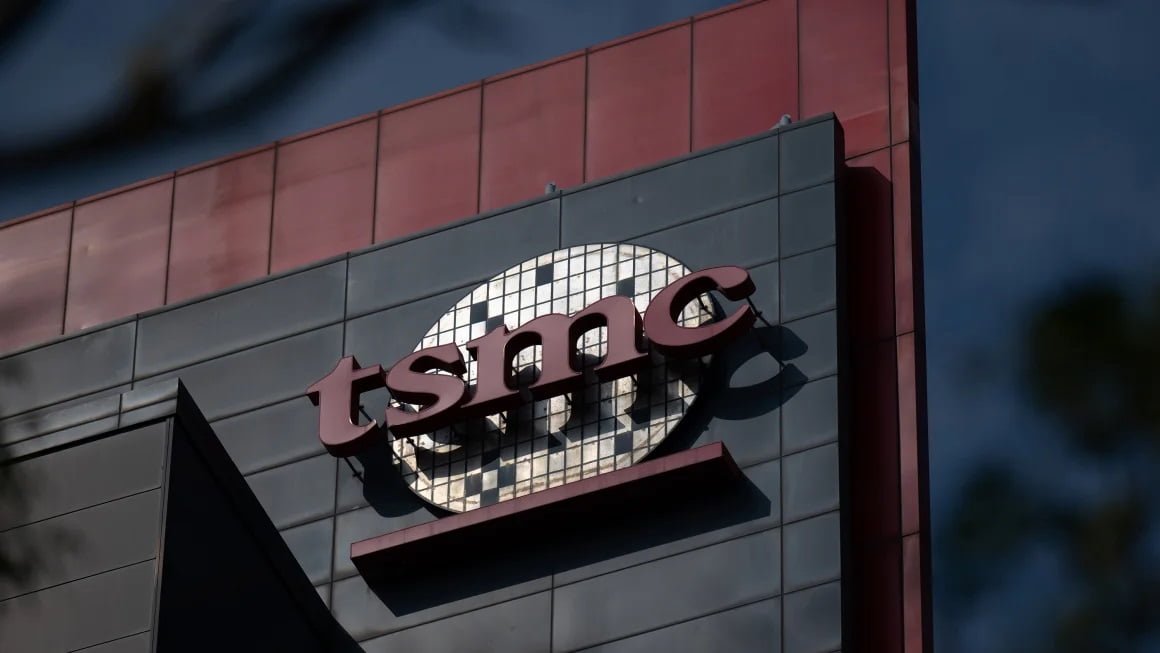
In a recent business development, Taiwan Semiconductor Manufacturing Company (TSMC), the world’s largest chip manufacturer, announced plans to establish a second factory in Japan to produce higher-end 5nm and 10nm chips. This initiative is seen as a crucial step towards revitalizing Japan’s advanced semiconductor manufacturing sector, deemed essential for driving future economic growth powered by new digital technologies. The construction of this new factory is reported to exceed 1 trillion yen (approximately $7.4 billion).
The Japanese government has expressed significant support for this venture, offering a subsidy of 476 billion yen, about half of the expected cost. Sony Group and Denso Corp, an automotive parts manufacturer, will also participate as investors, indicating the government and local businesses’ commitment to enhancing domestic semiconductor production capabilities.
TSMC’s first factory in Japan, located on the island of Kyushu, is anticipated to start producing 12nm and 16nm semiconductors next year. The construction of the second factory not only represents an expansion of TSMC’s capacity in Japan but also a substantial boost to the local economy and technological prowess. Moreover, this move is a significant victory for Prime Minister Fumio Kishida’s government’s goal to increase domestic chip production capabilities.
It’s noteworthy that TSMC has also announced that Toyota will join as a new investor in Japan Advanced Semiconductor Manufacturing (JASM), TSMC’s majority-owned manufacturing subsidiary in Kumamoto Prefecture. The TSMC board has approved an injection of no more than $5.26 billion into JASM, although the specific use of these funds remains unclear. The second factory will be located near the first TSMC plant in the town of Kikuyo, Kumamoto Prefecture, and will introduce 6/7 nanometer process technology, enhancing the technology level produced at that campus.
This plan not only reflects TSMC’s leadership in the global semiconductor industry but also underscores Japan’s significant role in the global semiconductor supply chain. Furthermore, this development is undoubtedly noteworthy for the global semiconductor industry, especially against the backdrop of rapidly advancing technology and growing global market demands.
In the context of this significant development, die casting technology and professional manufacturers like HJY (Honjenny) play an essential role in the production of high-precision and high-performance semiconductor manufacturing equipment, even though they were not directly mentioned in TSMC’s expansion plan. Die casting technology is critical for manufacturing precise mechanical parts and structural components, providing necessary support for enhancing the efficiency and quality of semiconductor production.
Through this series of investments and technological advancements, TSMC not only strengthens its leadership position in the global semiconductor industry but also further solidifies Japan’s critical role in the global high-tech industry chain. The construction and operation of the second factory are expected to bring more opportunities for technological development and economic growth in Japan and globally.

